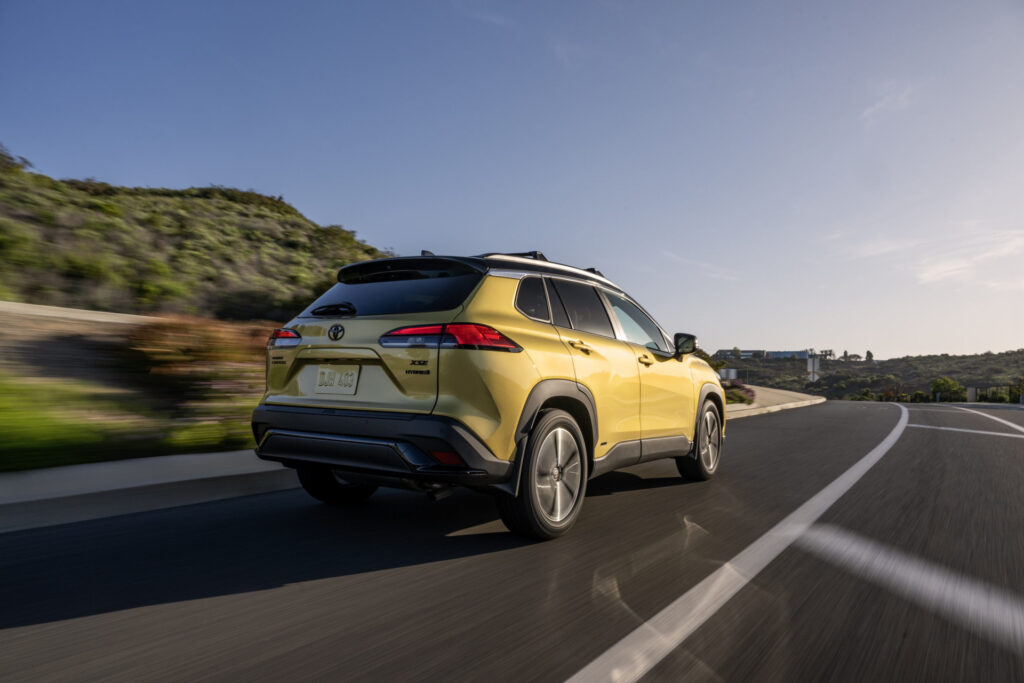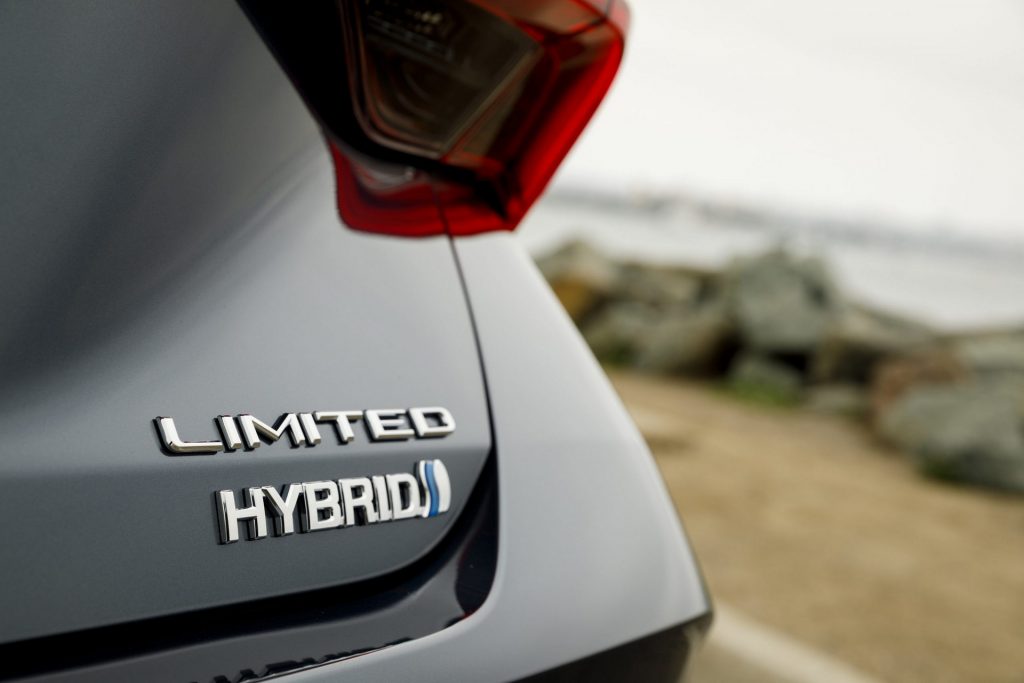- Demand for Toyota’s hybrid models has soared over the past year.
- At the same time, some suppliers are facing shortages of important parts.
- There’s a particular shortage of magnets necessary for hybrid electric motors.
Demand for hybrid vehicles increased a lot in 2024, particularly among those not yet willing to commit to an EV. However, Toyota, which is the global hybrid leader, is struggling to keep up with demand for its fuel-efficient models in several markets, including the US. This means many buyers are having to wait for months on end before they can take delivery.
Read: Toyota’s Future GR Sports Cars Will Get Hybrid Turbo Power
Anonymous sources claim shortages are also being experienced in Europe, Japan, China, and India. For example, wait times in India are between two to nine months depending on the hybrid, while in Japan they are between two to five months. Similarly, waiting periods across Europe have roughly doubled since 2020, typically ranging from 60 to 70 days.
Growing Demand, Growing Pains
Toyota isn’t just dealing with soaring hybrid demand. Several industry figures interviewed by Reuters say there are bottlenecks within the company’s hybrid supply chain. For example, there is a shortage of magnets being supplied to Toyota’s Aisin Corp component manufacturer, triggering a delay in the delivery of hybrid motors.
Additionally, Denso is also encountering bottlenecks at second- and third-tier suppliers, which itself has caused delays of deliveries for its inverters.
According to Toyota, hybrid demand has increased “significantly in the past year in all regions,” but said that “the production capacity for hybrid parts and components from our suppliers and our in-house parts manufacturing is line with our annual production plans and our vehicle assembly capacity.”

Long Waits Turn Into Lost Sales
In some cases, shoppers are waiting years to take delivery. One shopper from India, Saugata Dasgupta, says he ordered a Toyota Innova Hycross SUV in January 2023. In August 2024, he still hadn’t received the hybrid, and was told he’d have to wait another 25 to 30 weeks. Earlier this month, he was told he must wait another 15 to 25 weeks, but he’s already moved on and purchased a car from Mahindra & Mahindra.
In Europe, models like the Yaris Cross hybrid and the RAV4 plug-in hybrid are reportedly among the hardest to find.
Looking ahead, Toyota’s expanding operations in North Carolina could ease the crunch. The company will begin shipping batteries to that plant this month, which are slated for use in its growing range of electrified vehicles.




